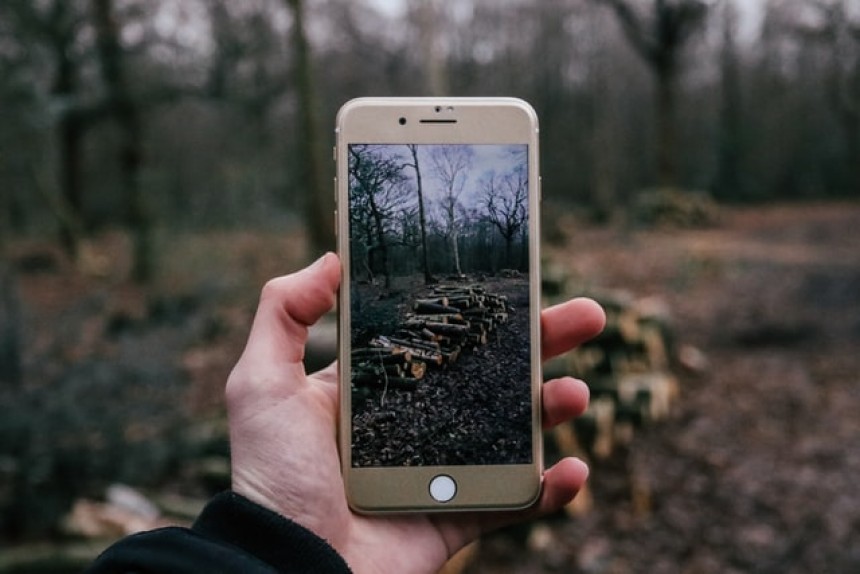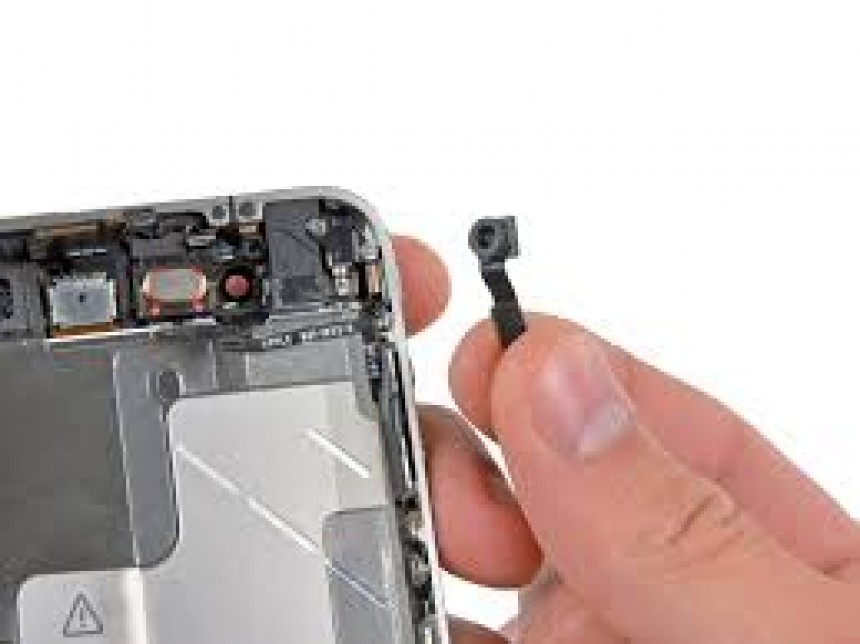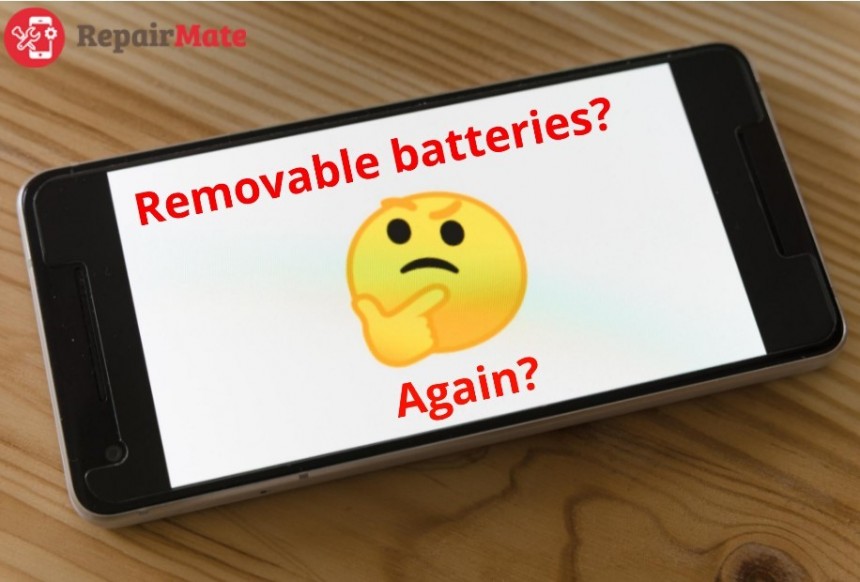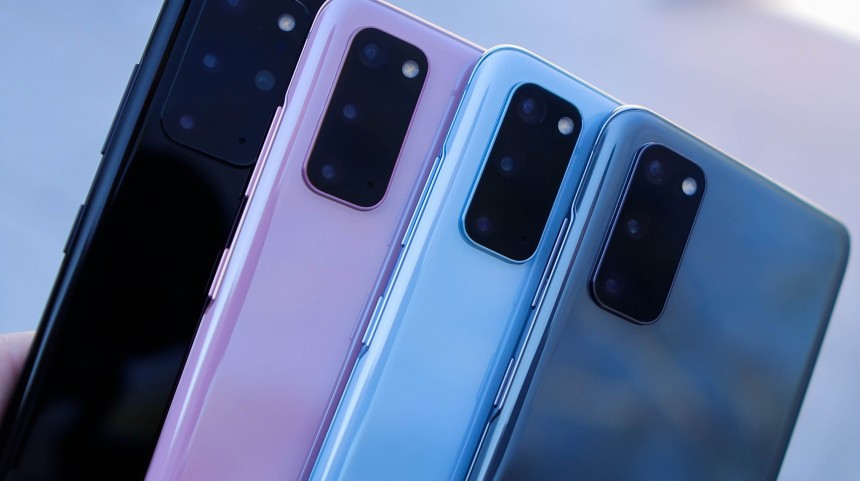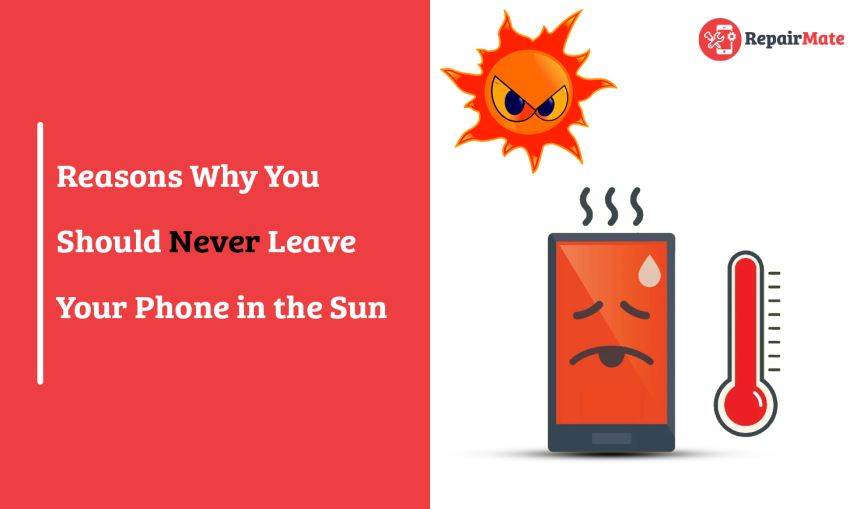
Reasons Why You Should Never Leave Your Phone in The Sun
Smartphones have become indispensable companions in our digital age. We rely on them for communication, work, entertainment, and even navigation. However, many of us underestimate the potential harm that prolonged sun exposure can inflict on our beloved devices. In this article, we present you with five compelling reasons why you should protect your phone from sun exposure.
1. Overheating
Leaving your phone in direct sunlight can lead to overheating, a common problem with electronic devices. When your phone overheats, it can cause several issues. The high temperatures can make your phone's CPU work harder to maintain its normal operating temperature, leading to increased power consumption and reduced performance. Over time, this can shorten the lifespan of your phone and potentially lead to more serious problems like screen burn-in or battery damage.
2. Battery Damage
Your phone's battery is sensitive to temperature extremes, and exposure to direct sunlight can lead to irreversible damage. Heat causes the lithium-ion batteries commonly found in smartphones to degrade faster. This degradation can result in reduced battery capacity, meaning your phone won't hold a charge as well, and you'll find yourself recharging it more frequently. In extreme cases, overheating due to sun exposure can even lead to battery swelling or leakage, posing a safety risk.
3. Screen Damage
The screens on modern smartphones are typically made of delicate materials that can be susceptible to damage from prolonged sun exposure. Exposure to direct sunlight can cause the screen to fade, develop dead pixels, or exhibit color distortion. These issues not only reduce the visual quality of your device but can also make it more challenging to use, especially in bright conditions.
4.Touchscreen Issues
The touchscreen is a critical component of your smartphone, and excessive heat can affect its performance. When exposed to high temperatures, the touchscreen may become less responsive or erratic in its behavior. This can be frustrating when trying to navigate your phone or type messages. In some cases, prolonged exposure to heat may even cause the touchscreen to become permanently damaged, necessitating costly repairs.
Also Read: How does temperature affect smartphone battery performance?
5. Data Loss
High temperatures can be detrimental to the internal storage of your phone, potentially leading to data loss or corruption. The extreme heat can interfere with the stability of the storage medium, causing files to become inaccessible or corrupted. If you don't have proper backups in place, this can result in the permanent loss of important photos, videos, documents, and other data stored on your device.
6. Performance Degradation
Overheating due to sun exposure can result in performance degradation. When your phone's CPU has to work harder to combat the heat, it can lead to slowdowns, lag, and reduced overall performance. Apps may take longer to open, and multitasking can become a frustrating experience. To maintain optimal performance, it's crucial to avoid exposing your phone to extreme temperatures.
7. Distorted Parts
The internal components of a smartphone are sensitive to temperature fluctuations. Prolonged exposure to high temperatures, such as those found in direct sunlight, can cause some components to warp or deform. This can result in poor connections, electrical issues, and even permanent damage to the phone's motherboard or other critical parts.
8. Risk of Explosions
While rare, extreme cases of heat exposure can lead to battery explosions in smartphones. Lithium-ion batteries are particularly vulnerable to thermal runaway when exposed to excessive heat. Thermal runaway is a rapid and uncontrollable increase in battery temperature, which can lead to a violent rupture or explosion. To mitigate this serious safety risk, it's essential to avoid leaving your phone in the sun for extended periods.
9. Long-term Damage
It's important to recognise that the damage caused by sun exposure can be cumulative. Even if your phone seems fine after one instance of sun exposure, repeated incidents can compound the harm. Over time, your phone may become increasingly prone to issues like battery problems, screen damage, and performance degradation. To prolong the life of your device, it's best to consistently protect it from excessive heat.
10. Potential for Internal Condensation
Drastic temperature variations between a hot, sun-exposed environment and a cooler indoor space can create condensation inside your phone. When your device is exposed to high heat, the air inside it expands. If you then move your phone to a cooler place or air-conditioned room, the internal air contracts, potentially causing moisture to condense on sensitive components. This moisture can lead to corrosion, short circuits, and other internal damage, which may not be immediately noticeable but can affect your phone's long-term reliability. To avoid this, it's advisable to let your phone acclimate to room temperature gradually when moving it from hot outdoor environments.
Related: Why is my iPhone Overheating? Tips to Prevent and Cool It Down
Tips For Protecting Your Phone From Sun Damage
FAQ
1. Is it bad to leave your phone in the sun?
Yes, it is generally bad to leave your phone in direct sunlight for extended periods. Sunlight can lead to overheating, battery damage, screen issues, and more. Prolonged exposure can harm your phone's components and performance.
2. What to do if you leave your phone in the sun?
If you accidentally leave your phone in the sun, immediately move it to a shaded, cooler area. Allow it to cool down gradually before using it to prevent overheating. Avoid using the phone until it reaches a safe temperature.
4. How do phones avoid overheating?
Phones incorporate various mechanisms to avoid overheating, such as thermal management systems, lower power modes, and cooling solutions. These systems work together to regulate temperature and prevent damage.
5. Which phones are best in sunlight?
Some smartphones have brighter screens with higher visibility in sunlight. OLED and AMOLED screens often perform well in bright conditions, but specific models may vary. It's advisable to check reviews and compare brightness levels for outdoor use.
6. How can I protect my phone screen from the sun?
To protect your phone screen from the sun, use a screen protector, keep it in the shade, or invest in a phone case with a screen cover. These measures can reduce the risk of sun-related damage.
7. How hot is too hot for a phone?
Phones are designed to operate within a specific temperature range, typically between 0°C to 35°C (32°F to 95°F). Exposing your phone to temperatures above this range can be detrimental.
18. Why is my phone so dark in the sun?
Phones often have automatic brightness adjustments that reduce screen brightness in bright sunlight to conserve battery and improve visibility. This can make the screen appear darker.
9. Can your phone crack from the sun?
While sunlight itself won't directly cause your phone to crack, the extreme heat it generates can potentially weaken the phone's structure, making it more vulnerable to physical damage.
10 . How long can you leave your phone in the sun?
It's best to avoid leaving your phone in direct sunlight for extended periods, especially during hot weather. Even a short time in the sun can lead to overheating and potential damage.

